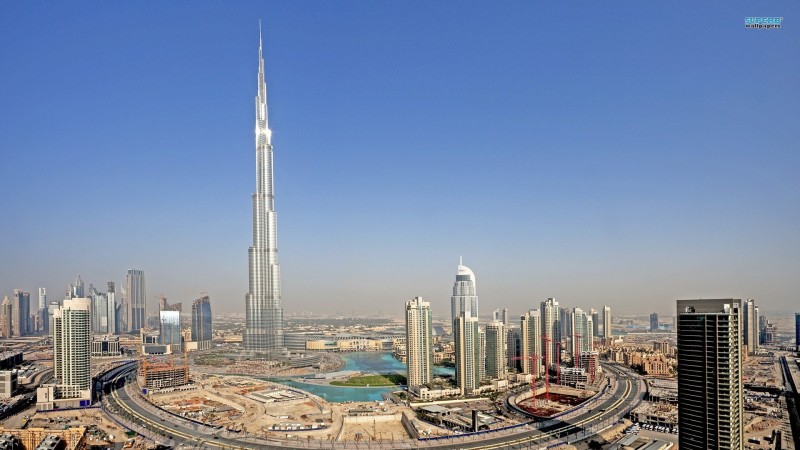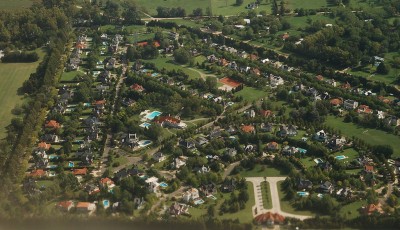Why do they build high? Is it really because of space?
Ever since their creation, skyscrapers have been admired and piqued curiosity in people. They’ve been sights that people look up in awe at, a sign of prestige, and bragging rights for tourists who made it to the top. Ever since the beginning, many have asked the same questions each time a new and taller one had been built.
Why do they build high?
Skyscrapers have always been more about ego than profit. In fact, in the book of Genesis, it was the builders of Babel that aspired to make a name for them by building such a tower.
Ken Lewis, a partner at Skidmore Owings and Merrill, says that the only thing limiting people is themselves or their own finances. Since the owners of the property are not the ones who do the actual building, they don’t know how it is done or what is truly possible. All it takes is for someone with unlimited resources to contact a company, such as New York agency Prestige International ,with an idea. The company is required to come up with how to do it by working with its network of other specialized companies. An investor with limitless resources is the construction company’s inspiration and job security.
The investors are so ego driven that they forget about the risks and costs associated with skyscrapers as they increase in height.
- Extra concrete and steel is needed below for every story the skyscraper will have. At some point, it will be just cheaper and more profitable to build a building next door.
- Snapped piping junctions
- Possible bursting of high-pressure hoses
- Cranes may collapse during construction
- Unreachable fires
- The slightest shift in the Earth’s rotation can alter the building.
Regardless of any risks, as long as there are financial resources available, the construction firms who are working on the next big thing, such as Saudi Arabia’s Kingdom Tower, set to open in 2017, have their work cut out for them in finding ways to minimize the risks. Just look at the number of listings in New York http://www.prestigeinternational.com/premises/new_york/ to have an idea.
Is it really because of space?
In a 2013 article from The Daily Mail, there is in fact a link between the current skyscraper wars between the vainest skyscrapers that are already built and wasted space. Dubai alone has unused space estimated to be as high as nineteen percent throughout its total skyline. Dubai’s Burj Khalifa has an estimated twenty nine percent of wasted space alone. New York City’s Bank of America Tower has an estimated thirty six percent of unused space. There is currently no link between a need for more space for the population and the need to build skyscrapers.
Getting more people into a taller building when there are more people than land is more of a consequence of the ego driven skyscraper building than the very reason they were built in the first place. The need to build tall buildings as a symbol of power and prestige was started in the Middle Ages either as secular, at one time a tall cloth making building was built, and religious in the form of churches or cathedrals. In the nineteenth century, buildings were still much smaller in comparison to today’s standards. Once the elevator was invented and further refined, it only encouraged people to build bigger buildings, which would eventually become skyscrapers as civilization knows them today.
The three things that will likely never change as skyscrapers continue to reach further into the clouds is people’s admiration and fascination as they look up, the construction company’s inspiration as they chase the next big challenge, or the limitless investor who is always thirsty for more.










